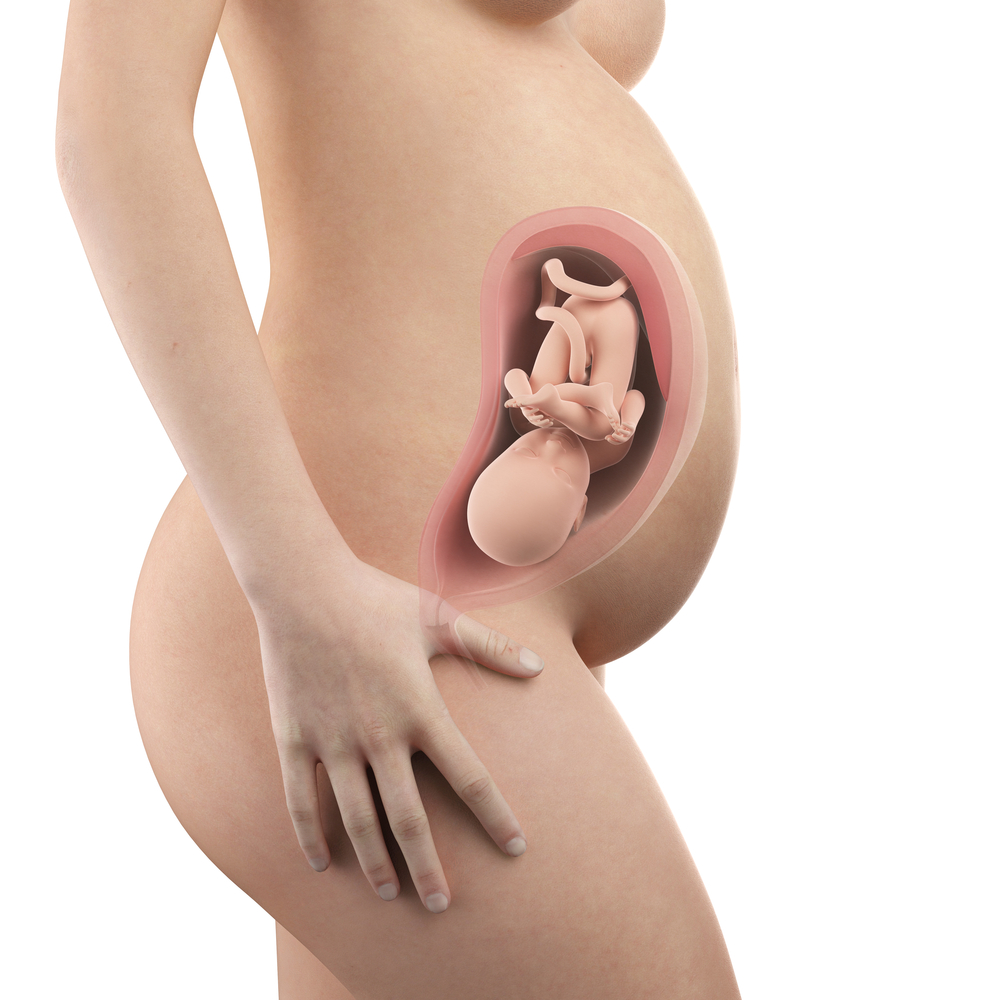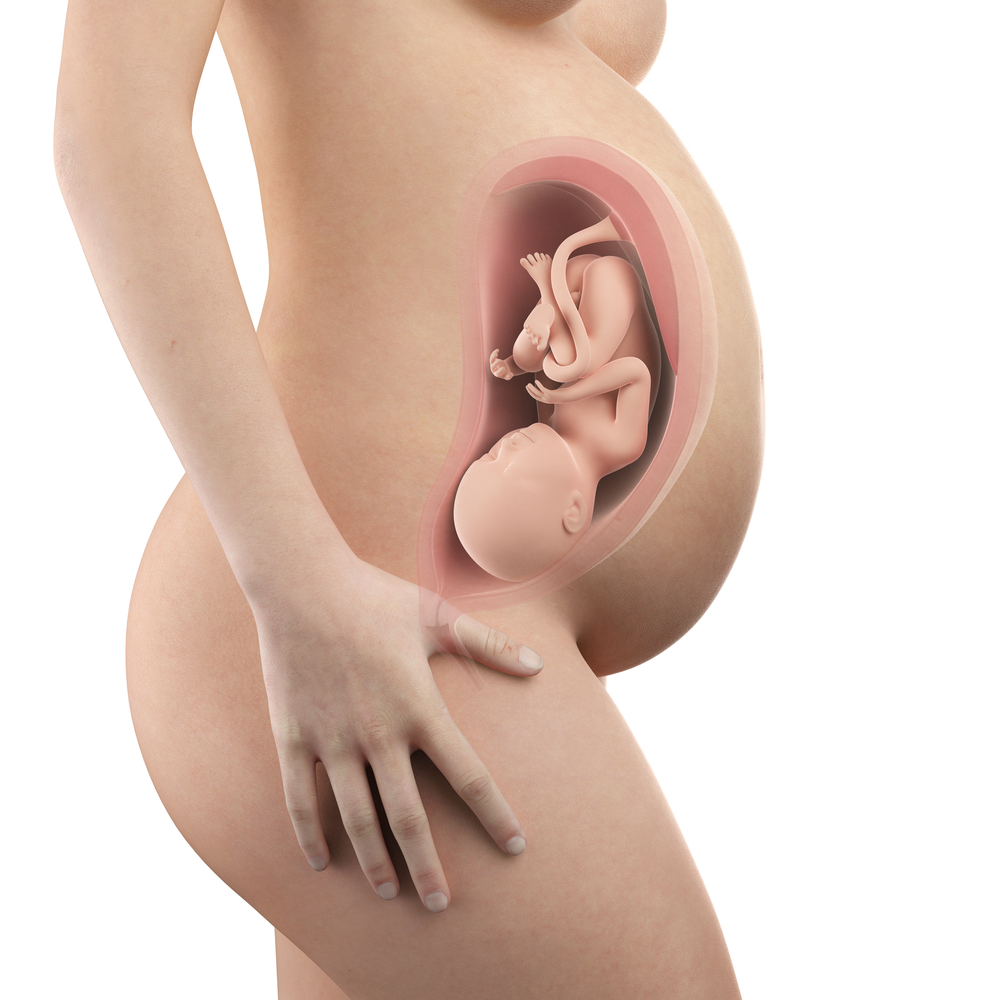Contents:
- Medical Video: Breast to Bottle: Tips to Help The Transition
- Why don't babies want to suckle suddenly?
- When the baby refuses to suckle, do this
Medical Video: Breast to Bottle: Tips to Help The Transition
Although breast milk is the main and best source of nutrition for babies, sometimes babies don't want to suckle. This did not escape being a concern for the mother. Actually, what causes the baby to refuse to suckle?Is there a way to handle it? See the explanation below.
Why don't babies want to suckle suddenly?
Babies generally need to suckle up to 8-12 times in 24 hours, but this need will increase as you get older.
When a baby does not want to suckle or refuses to suckle when it is not weaned, this is the way to communicate with youto say something is wrong. Maybe the baby doesn't want to suckle because:
- The taste of milk changes the result of the food you eat. The taste of breast milk can also change due to hormonal changes and the effect of the drugs or vitamins you consume.
- Sick mouth from teething, gum pain, fever, or infection such as canker sores can be one of the reasons the baby refuses to suckle. In addition, ear infections can also cause pressure or pain while breastfeeding.
- Nasal congestion makes it difficult for babies to breathe while breastfeeding.
- Mastitisis a breast infection that can reduce pproduce ASI and make the milk taste more salty because of increased sodium levels in the mother's body.
- Changes in the scent of the mother's body. This can be caused by using soap or other toiletries that you use.
- Disorders in your baby's routine or schedule
- Stressful. Babies can also experience stress because of environmental changes such as taking a long trip, suckling in a noisy room, and moving to a new home. The excessive reaction of the mother when the baby bites the nipple can also make the baby afraid and does not want to breastfeed.
Long the baby refuses to suckle can vary. Generally it lasts between two to five days, but it can also last longer.
When the baby refuses to suckle, do this
If the baby does not want to suckle, do not force him to drink. try to patient and calm. Forcing your baby to keep breastfeeding will make things worse.
Try to divert your baby's attention briefly from breastfeeding. For example, by walking outside the house, seeing toys, or singing children's songs.
If your milk supply is low, you need to pump or massage your breasts every few hours, or as often as your baby is breastfeeding. This will help maintain your milk supply, prevent breast swelling, and give your baby the needed milk.
In addition there are a number of ways you can deal with babies who refuse breastfeeding, namely:
- Try breastfeeding when your baby is very sleepy. Many babies refuse to breastfeed when they are awake.
- Visit your baby doctor to find out and treat health problems that make the baby refuse to breastfeed.
- Try to change the position of breastfeeding. Babies can feel comfortable in one breastfeeding position and not comfortable with the other position. Look for a position that makes your baby comfortable while breastfeeding.
- Breastfeeding your baby while swinging or walking can make your baby more comfortable.
- Breastfeeding in a place that is free of interference, such as in a room with dim lighting and quiet, far from the sound of radio or television.
- Give your baby contact from skin to skin, for example by breastfeeding without wearing clothes.












